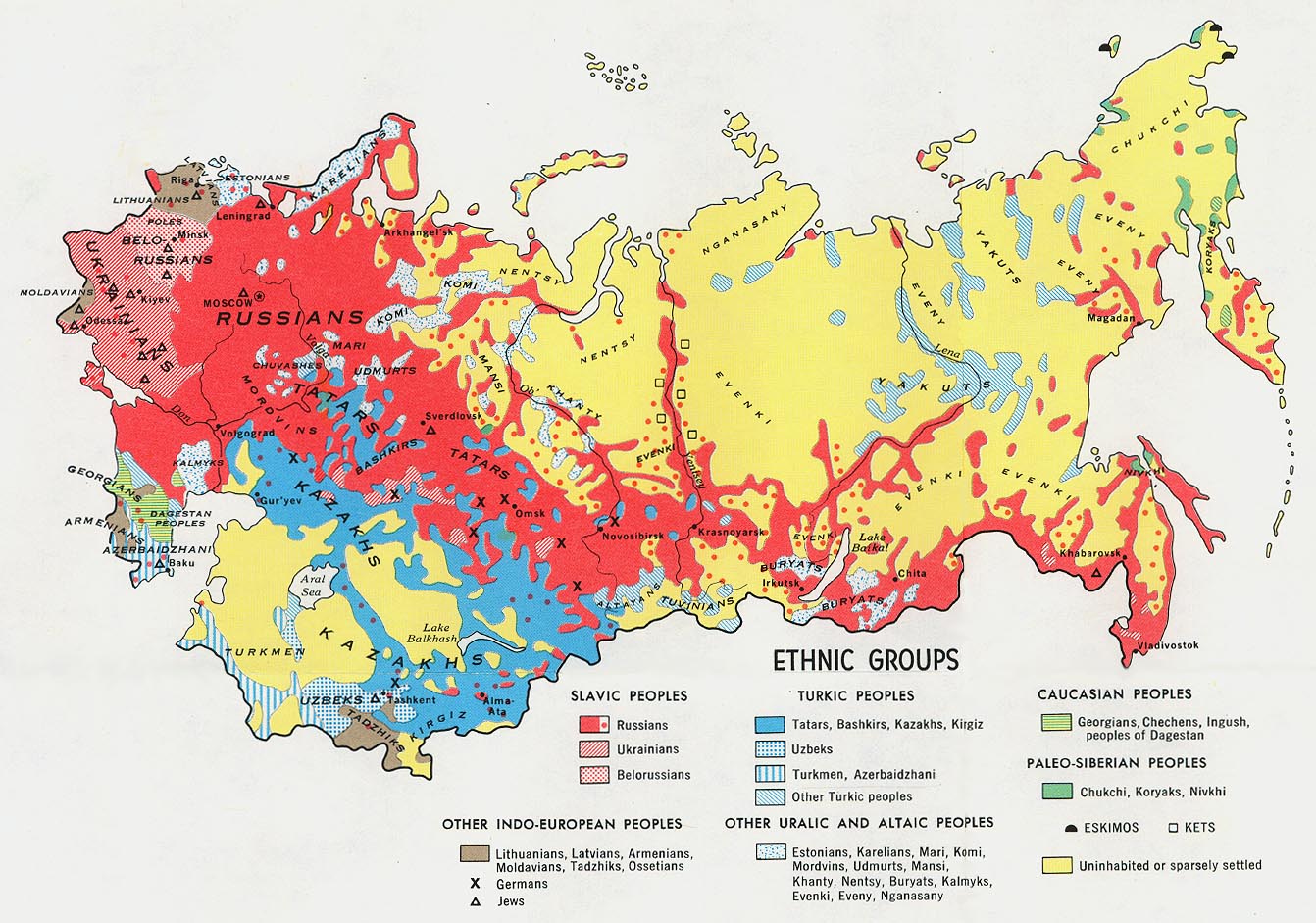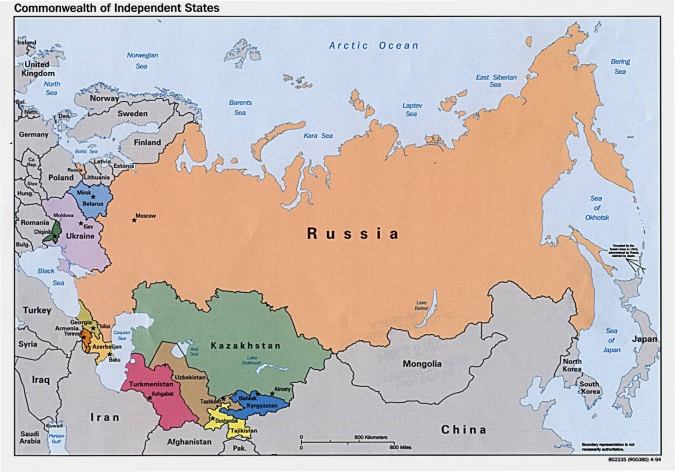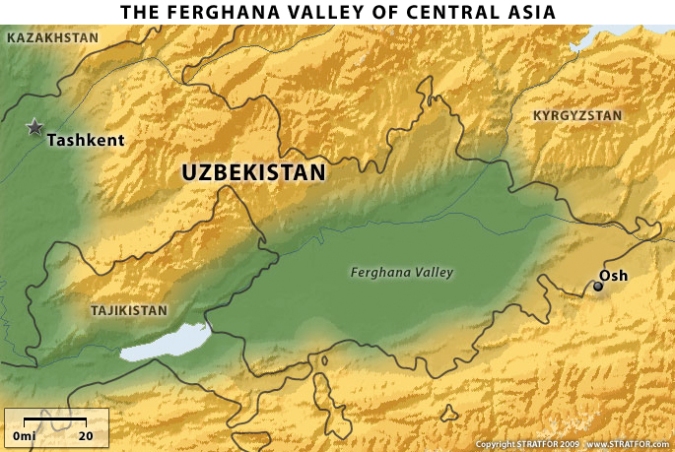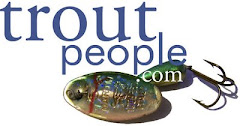showing the Samarkand plaza.
Belgium has graciously submitted this post concerning some history of Russian politics. You can't imagine our relief. There is a part 2 that will go up with the next post. Lots of maps and explanations.
Thanks Belgium aka SAS
The
New Great Game in the Old Russian Empire -
Why
the Russian Empire is Different From Other Historical Empires
All
empires have existed for economic gain by the dominant country over
the subjected countries. Sure, they said that their purpose in
killing people until those left decided to give up, was to bring God
to the heathens or to educate these poor unfortunates to our own high
standards. Well, that was in there too, once the ones who were left
over, knew who the bosses were and the resource rights had been
secured. In fact, once the dominant country had such a tight hold on
their economy that they could trash it from one moment to the next
and trade agreements were in place to secure the mineral and other
export rights, there was no reason not to give the countries back and
let the subjected countries have the illusion of ruling themselves.
This is what mainly happened in countries that had conquered by sea
invasion, Britain; Portugal; Spain etc. France, being France, tended
to be a bit more possessive about these things. With land based
expansions like Rome or the Ottomans, for example, the centre
stagnated whilst the vanguard was moving forward to a point where the
middle ground could no longer be held.
What
was so different about the Russian empire? What if they do loose a
few economic trading partners, there is still enough of it left for
themselves. You only have to look where their empire was for the
answer. This may seem strange but Russia's sheer size is its
vulnerability not its strength. Russia is mainly steppe crossed north
to south by four major rivers, the Volga; the Ob; the Yenesei and the
Lena together with the impenetrable mountain range of the Urals.
These would represent a fall back position if anyone really took a
fancy to the frozen swamplands of Siberia or God forbid, actually
captured Moscow. During WWll, Stalin relocated some major
manufacturing facilities into the Urals – just in case. None of
these rivers and mountains protect Russia from invasion from the
periphery, nor is there any natural barriers or defences of any kind
to its heartland. Their empire was a buffer zone which contained
many natural defences to be worn around the heartland like a girdle.
Compare this to the United States. There are two great oceans, one to
the east and the other to the west. To the north there is a friendly
country which is mainly densely forested which then gives out onto an
Arctic wasteland. No one would attack America from this direction.
America's southern border is the Rio Grande, not that much of a
river, I will grant you but one non the less and it is now
complimented by a rabbit proof fence. Russia's empire was primarily
and fore-mostly its defence. All economic considerations were
secondary to this.

Although
this is an ethnic map, the outline of the Russian heartland can
clearly be seen in red and how other national groupings formed a
barrier around this. For all of Russia's size, the yellow areas are
virtually uninhabited. Not shown is Finland. Russia maintains a
no-mans-land of between 3km – 10km between itself and Finland. The
three Baltic states can be seen top left in brown coming around to
Poland (not shown) and Belarus to protect itself from attack from
Germany and the rest of Europe. Ukraine's southern border is the
Black Sea. Its northern border is formed by the barrier of the
Carpathian Mountains which also extend across Moldavia and into
Romania. The Caucasus define the land bridge between the Black and
Caspian Seas. The blue swathe is the great steppe of Kazakhstan.
Before anyone could get into Kazakhstan, they would have to cross the
high mountain plateaus of Uzbekistan; Tajikistan and Kyrgyzstan,
collectively known as the Tien Shan. Together with Turkmenistan these
formed part of the old Russian empire and it is definitely in
Russia's interest to keep friendly relations with these. Finally to
the east we get around to Mongolia with its great Gobi desert and
then its border with China itself.
When
communism fell in 1989 Russia lost control of all fourteen of these
buffer states. The new Great Game revolves around Russia trying win
back its influence in these states and the USA trying not to let it.

We
are now going to have a look at the current situation in Central Asia
and briefly at what is going on in Europe.
The
Kyrgyzstan Revolution
Kyrgyzstan
(Dark blue, lower central) at first sight, does not appear to be much
of a prize for anyone. It has no economy, no resources and it relies
on its neighbours to feed its people. It does have one thing that is
unique, its geographical position. To understand why, we must first
discuss the Ferghana Valley. As we have already seen the Tien Shan
Mountains divide Northern Asia from Southern Asia and prevent an
attack on Russia via the Kazakhstan steppe. Russia lost this
protection in 1989. Kyrgyzstan; Uzbekistan and Tajikistan all meet in
the fertile valley of Ferghana which naturally is the home of the
majority of peoples from this mountainous region. To stop any one
country having overall control of this important region, the former
CIS divided it up between the three states. Uzbekistan owns the
valley floor. Tajikistan owns the entrance to the valley and
Kyrgyzstan owns the surrounding mountains which protect it.
For
years in Kyrgyzstan, there had been smouldering unrest against the
then government of President Kurmanbek Bakiyev. Within 24 hours on a
day in April 2010, discontent escalated into full blown revolution
and a new government installed which immediately had the approval of
Moscow. Of course Russia was using the techniques of the Arab Spring.
There is nothing like

backing
a winner when you pick the players and offer a tad of friendly
assistance. The success of this has given Russia back one of its
natural defence barriers earlier lost. Kyrgyzstan does not benefit
economically from the Ferghana valley but it does benefit from
encircling it. Control of Kyrgyzstan equals control of the valley and
hence control of Asia's core. Kyrgyzstan (read Russia) now has the
ability to monitor Chinese moves in the region. Its highlands
overlook China's Tarim Basin which is part of the contentious
Xinjiang Uighur Autonomous Region.
With
the exception of the North European Plain, Russia’s expansion
strategy focuses on the importance of mountains — the Carpathians,
the Caucasus and Tien Shan — as geographic barriers. Holding the
land up to these definable barriers is part of Russia’s greater
strategy, without which Russia is vulnerable and weak. One part is
now complete. Russia is on a time scale. It knows it must act quickly
whilst the USA is preoccupied in Afghanistan and with the Muslim
world. It will not always be like this and as much as possible must
be gained before the USA's gaze returns to containing Russia and
troops are redeployed.
Whilst
Russia is in Disarray, the USA Will Play
The
Soviet disintegration did not guarantee, of course, that Russia would
not re-emerge in another form. The West, and the United States in
particular, thus saw the end of the Cold War as an opportunity to
ensure that Russia would never re-emerge as the great Eurasian
hegemon. To do this, the United States began poaching
among the states between Russia and its geographic barriers, taking
them out of the Russian sphere in a process that ultimately would see
Russian influence contained inside the borders of Russia proper. To
this end, Washington sought to expand its influence in the countries
surrounding Russia. This began with the expansion of the U.S.
military club, NATO, into the Baltic states in 2004. This literally
put the West on Russia’s doorstep at one of Russia’s weakest
points on the North European Plain. At their nearest point, the
Baltics are less than 100 miles from St. Petersburg.

Before
the USA had its attention diverted towards the Middle East in 2003,
it had already put plans into operation for the so called colour
revolutions which bore fruition in Georgia 2003, Ukraine 2004 and
Kyrgyzstan 2005, thus taking out Russia's main defensive barriers.
Then one of those rare things happened, America blinked, or rather it
averted its gaze towards the Muslim world. Realising that the USA was
militarily stretched, Russia wasted no time in trying to restore the
previous status quo. It has done this country by country using
whatever techniques were appropriate for that particular situation.
In January 2010,
Moscow signed a customs union agreement to economically reintegrate
Russia with Kazakhstan and Belarus. Also in January 2010, a
pro-Russian government was elected in Ukraine. And now, a pro-Russian
government has taken power in Kyrgyzstan.
As it seeks to roll back
Western influence, Russia has tested a handful of tools in each of
the former Soviet republics. These have included political pressure,
social instability, economic weight, energy connections, security
services and direct military intervention. Thus far, the pressure
brought on by its energy connections, or disconnections, as seen in
Ukraine and Lithuania, has proved most useful. Russia has used the
cut-offs of supplies to hurt the countries and garner a reaction from
Europe against these states. The use of direct military intervention,
as seen in Georgia, has also proved successful, with Russia now
holding a third of that country’s land. Political pressure in
Belarus and Kazakhstan has pushed the countries into signing the
aforementioned customs union. And now with Kyrgyzstan, Russia has
proved willing to take a page from the U.S. play-book and spark a
revolution along the lines of the pro-Western colour revolutions.
Russian strategy has been tailor-made for each country, taking into
account their differences to put them into Moscow’s pocket, or at
least make them more pragmatic toward Russia.
Thus far, Russia has
nearly returned to its mountain anchors on each side, though it has
yet to sew up the North European Plain. And this leaves a much
stronger Russia for the United States to contend with when Washington
does return its gaze to Eurasia.
Next time the Caucasus.
With four major players, three minor players and sixteen independent
autonomous regions all with their own agenda, this is akin to playing
three dimensional chess.
Sources
Looking for Trouble by
Lauren Goodrich Reprinted from STRATFOR
The Joshua Project


